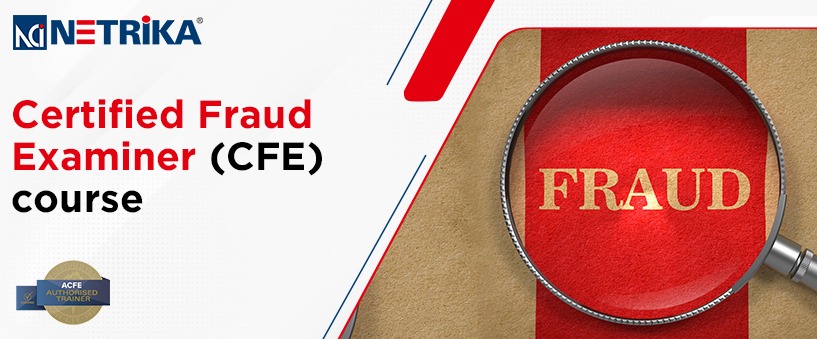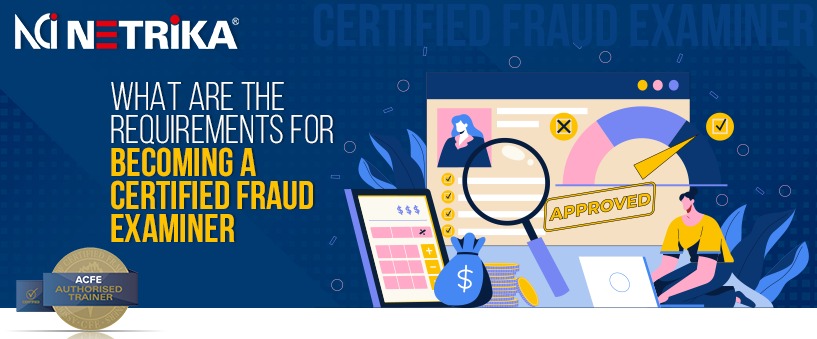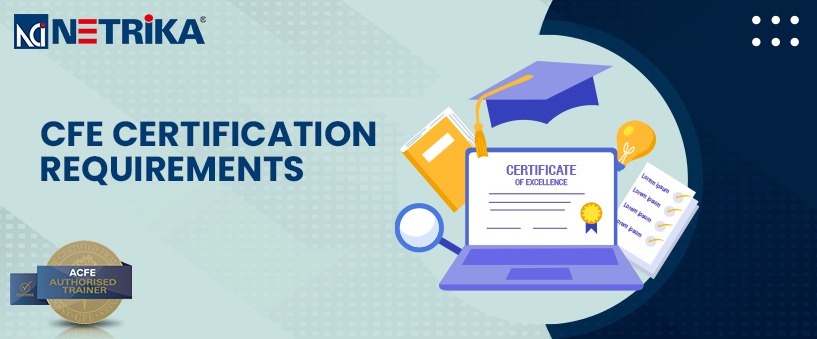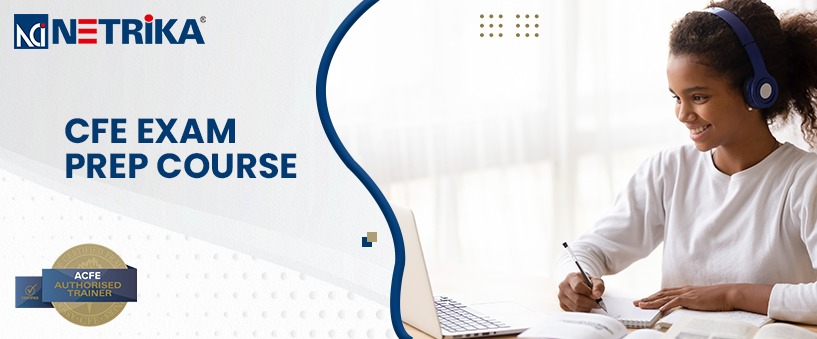What Defines the Core Responsibilities of Certified Fraud Examiners in Financial Planning?
What Defines the Core Responsibilities of Certified Fraud Examiners in Financial Planning? A certified fraud examiner is trained to find evidence of fraud or other financial crimes in financial records as their primary task. They not only detect, investigate, prohibit, and mitigate fraudulent activities, but they also develop preemptive measures to prevent bad actors from […]







